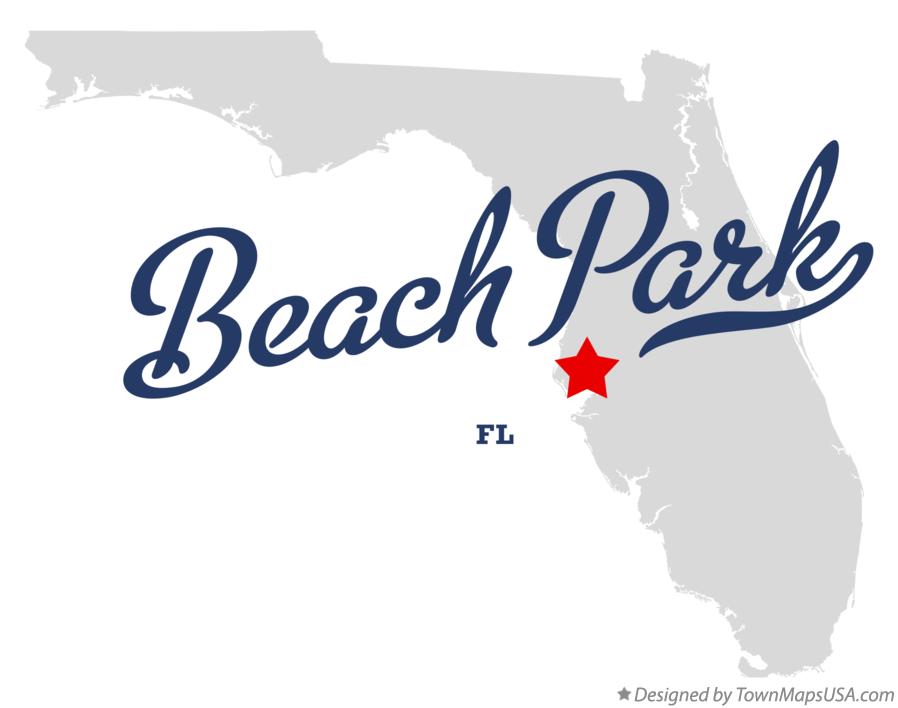Beach Park Houses For Sale – Overpricing an item can lead to it sitting unsold, while underpricing it can result in lost potential revenue. In conclusion, second-hand goods for sale represent more than just a financial transaction; they embody a shift toward sustainability, individuality, and social responsibility. For sellers, the market for second-hand goods offers an opportunity to declutter their homes and make some extra money. Online platforms also offer the convenience of searching for specific items, whether it’s a rare collector’s item, a particular brand of clothing, or a piece of furniture that fits a specific design style. For the seller, there is the risk that they may not be able to find a buyer who is willing to pay the desired price, or that the sale may not go through as planned. This desire for items with character and a story behind them has contributed to the growing appeal of second-hand goods. This subjective nature of value is what makes the “for sale” market so dynamic. In a world that often prioritizes convenience
The notion of a business for sale is one that captures the imagination of many. Once a suitable business has been identified, the buyer usually begins the due diligence process, which involves reviewing all relevant documents, financial records, and contracts. Second-hand items are typically sold for a fraction of their original price, making them an attractive option for individuals on a budget. For many, purchasing second-hand goods is not just about saving money, but about embracing sustainability, supporting a circular economy, and contributing to a more environmentally conscious world. The business-for-sale market continues to evolve, influenced by economic trends, technological advancements, and shifts in consumer behavior, but one thing remains clear: buying and selling businesses will always be a fundamental part of the global economy. The items placed for sale are not merely commodities; they are often vessels of memories, symbols of past achievements, or representations of something bigger than the price tag they carry. A car is something that can hold a great deal of sentimental value. Negotiation is often the most delicate part of the sale process. These brick-and-mortar stores offer a different shopping experience, one that is often characterized by the thrill of the hunt. In the world of quality goods for sale, there is also an inherent sense of value in the stories behind them. People are not just looking for things that work well; they want products that elevate their environment and their experiences. People can be bought and sold in the form of labor, for example, and loyalty can be traded for material gain. As more people embrace the idea that everything has value, second-hand goods will continue to be a central part of the way
Quality goods for sale have always held a special place in markets around the world, captivating consumers with their promise of durability, performance, and timeless appeal.

Beach Park Bayway Homes
Skip the bankstart your mortgagegreat incentivescalculate payments

Map of Beach Park, FL, Florida
Skip the bankstart your mortgagegreat incentivescalculate payments

Beach Park Park Shore Association
Skip the bankstart your mortgagegreat incentivescalculate payments
Greenfield Park Homes Park Homes For Sale
Skip the bankstart your mortgagegreat incentivescalculate payments

Beach Park
Skip the bankstart your mortgagegreat incentivescalculate payments

Beach Park Bayway Homes
Skip the bankstart your mortgagegreat incentivescalculate payments

Beach Park Dyehouse Comeriato Architect
Skip the bankstart your mortgagegreat incentivescalculate payments

Puako Beach Park, Waimea Hawaii Beaches
Skip the bankstart your mortgagegreat incentivescalculate payments

Beach Park
Skip the bankstart your mortgagegreat incentivescalculate payments

Beach Park Dyehouse Comeriato Architect
Skip the bankstart your mortgagegreat incentivescalculate payments
For some, it’s a matter of balancing budgetary constraints with their desire for quality. Economic downturns, for example, can influence the types of businesses that are put up for sale, as struggling companies may look to exit the market. Those who are born into privilege have the means to buy their way to the top, while others are left behind, forced to sell their time, energy, and even their dignity in order to survive. When an item is marked as “for sale,” it enters a space where value is defined not only by the object itself but by the context in which it’s placed. In both cases, there’s a sense of vulnerability. The rise of online platforms has transformed the way second-hand goods are bought and sold. For sellers, the market for second-hand goods offers an opportunity to declutter their homes and make some extra money. The decision to sell an heirloom piece of furniture, for example, can be emotionally complex, as it involves a shift in one’s connection to the past. In conclusion, second-hand goods for sale represent more than just a financial transaction; they embody a shift toward sustainability, individuality, and social responsibility. The truth is that the idea of quality is deeply rooted in the philosophy of craftsmanship, heritage, and trust, which explains why certain items, often categorized as quality goods, tend to be prized more than others, even when they may come with a higher price tag. In addition to offering unique items and affordable prices, many second-hand stores also serve an important social and community function. This creative process not only gives new life to old objects but also encourages people to think outside the box when it comes to the things they buy and use. The concept of quality, however, is not a one-size-fits-all. For those considering buying a business, the appeal often lies in the opportunity to take over an existing operation and build upon its foundation. For when everything is for sale, it’s easy to forget that the most important things in life are not commodities; they are experiences, relationships, and moments of connection that cannot be measured in dollars and cents. Many everyday products, such as kitchenware, footwear, and tools, can also be considered quality goods, provided they are made to last and perform well over time. There’s something deeply satisfying about using an item that was crafted with skill and attention. A piece of furniture, for instance, may hold sentimental value simply because it’s been in the family for generations. There are communities that exist outside the realm of traditional commerce, where sharing, collaboration, and mutual support take precedence over profit. There is also a growing trend of upcycling and repurposing second-hand goods, where items that may no longer serve their original purpose are transformed into something new and useful.
Workers are often paid meager wages for their labor, while corporations amass wealth. By choosing second-hand goods, consumers can help reduce waste, conserve resources, and lessen the demand for new production. In some cases, buyers may also acquire businesses with existing intellectual property, such as patents, trademarks, or proprietary technologies, which can offer a competitive edge in the market. For some, it’s a matter of balancing budgetary constraints with their desire for quality. In fact, there’s been a resurgence of interest in artisanal, locally-made products, especially in industries like fashion, home decor, and food. With the rise of online platforms and a growing cultural shift toward sustainability, the second-hand market continues to thrive, providing consumers with more options and opportunities than ever before. One of the most popular categories of second-hand goods for sale is clothing. Negotiation is often the most delicate part of the sale process. These brick-and-mortar stores offer a different shopping experience, one that is often characterized by the thrill of the hunt. The ability to share knowledge, ideas, and resources has empowered individuals in ways that were previously unimaginable. Perhaps the most troubling aspect of the idea that everything is for sale is how it can shape the way we view the world and each other. For many, purchasing second-hand goods is not just about saving money, but about embracing sustainability, supporting a circular economy, and contributing to a more environmentally conscious world. People place their belongings for sale for many reasons. Both the buyer and the seller are seeking the best possible terms, and finding common ground can be a challenge. Love becomes about what someone can provide in terms of material or emotional benefit, and friendships become alliances, where loyalty is traded for favor or influence. For people looking to furnish their homes, build a wardrobe, or invest in certain hobbies or collections, second-hand goods often provide a way to access items they might otherwise be unable to afford. There’s a certain art to selling something. It carries the marks of life’s moments: the road trips, the adventures, the daily commutes, the memories of friends and family. A house can be bought, a car can be sold, a watch can be pawned. It implies that there’s nothing off-limits, nothing beyond the reach of commerce.